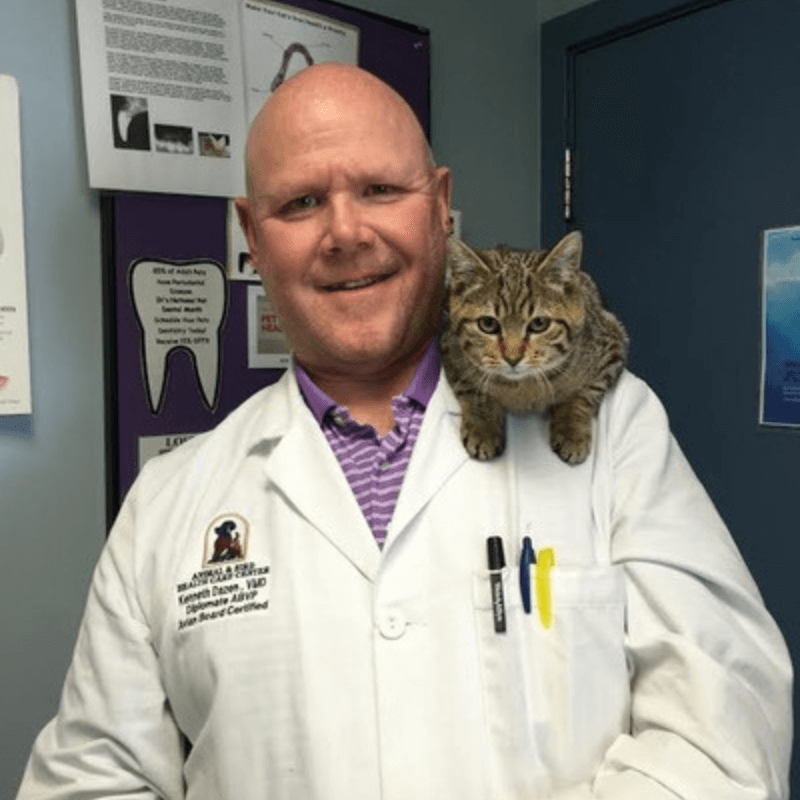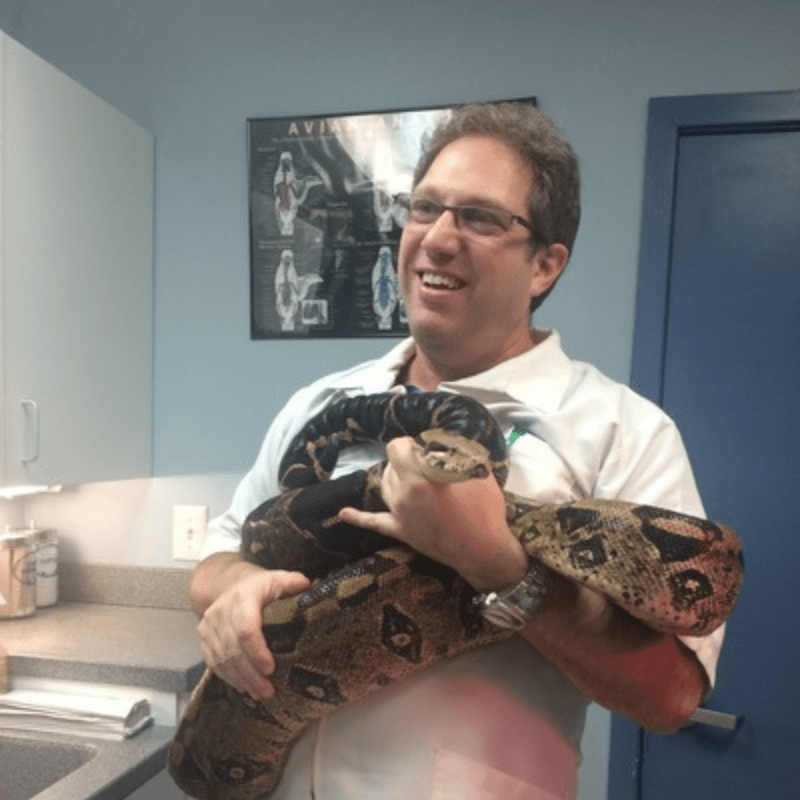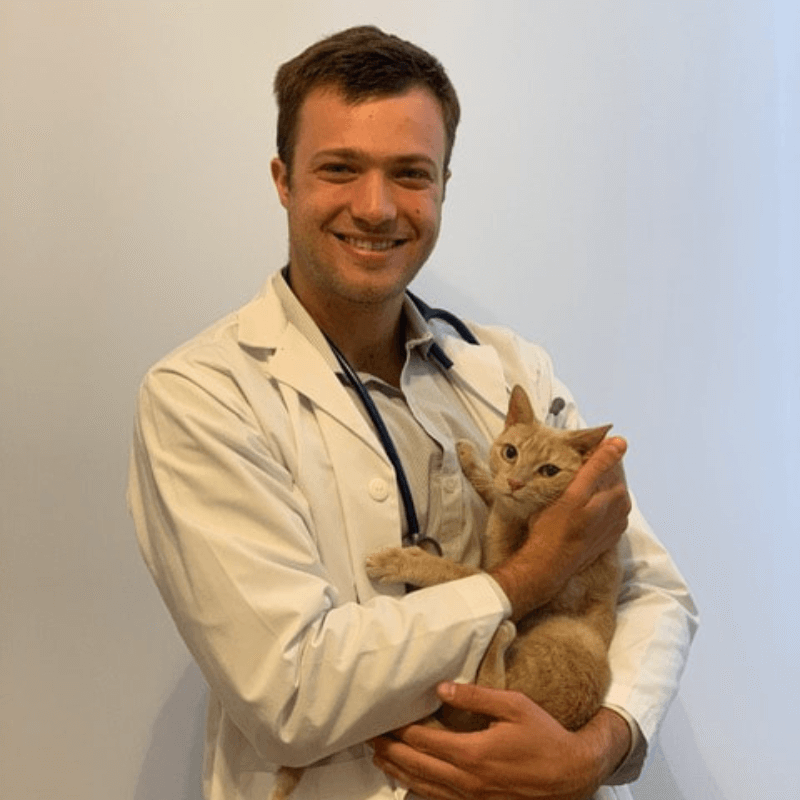Cherry Hill, NJ
Animal & Bird Health Care Center
For over three decades, the Animal & Bird Health Care Center has been devoted to providing superior domestic & exotic veterinary care in Cherry Hill, NJ
Our Story
Our Story
About Animal and Bird Health Care Center
Animal & Bird Health Care Center has been the leading hospital for animal care for over three decades serving Cherry Hill, NJ, and surrounding areas. We understand that pets are more than just animals – they are family members, and we strive to provide the best possible veterinary care for them. We are dedicated to treating each pet as if it were one of our own, and that commitment continues today. When you bring your pets to us, you can rest assured knowing they will receive the best possible care. We look forward to partnering with you to ensure your pet receives the highest quality of health care for many years to come.
Our goal is to exceed all of our client’s expectations when it comes to veterinary medical care and client services. We invite you to experience why so many pet owners have trusted us as their go-to animal hospital for decades – because at the Animal & Bird Health Care Center, we know pets are family.

Our Services
Our Veterinary Services
Animal & Bird Health Care Center aims to keep your pets as healthy as possible. We recommend routine pet examinations, vaccinations, and more to give your pets the best chance at healthy lives. We are also here to help whenever your pets are not feeling well.

Wellness and Vaccinations for Dogs and Cats

Avian Health Care

Small Mammal Health Care

Reptile Health Care



Our Team
Our team
Meet Our Veterinary Team
Our veterinary team has been assembled to provide you with the highest care both in-house and via our referral network. The bond between your pet and yourself is priceless. Our professional, courteous staff is here to protect that bond by providing the best medicine and surgery for your dogs, cats, birds, small mammals, and reptiles while keeping pet parents informed and educated.
We offer one of the most established referral centers in the Tri-State area for your exotic pet. Birds, small mammals, reptiles, as well as cats and dogs, furry, feathered, or scaled….we see them all!
Quality Domestic & Exotic Veterinary Care in Cherry Hill, NJ
With a team that includes a board-certified zoologist and a board-certified avian specialist, our center is uniquely positioned to provide unparalleled care for a diverse array of animals.
Testimonials
Thank You For Your Kind Words.
So compassionate and thorough, always provides the best care. Dr. Dazen talked us through a very traumatic accident with our sun conure, and we were able to get her checked out and on medications by a very skilled nurse after hours. Staff continued to follow up with us every other day to ensure Pepper was okay. We are so grateful!
Have had nothing but great educational experiences here with our first bird! Would recommend them to all bird owners. They have helped us navigate not only basic care for our Amazon but helped address health issues/concerns due to her abused past. They are undoubtedly experts in avian medicine with great personalities to match.
